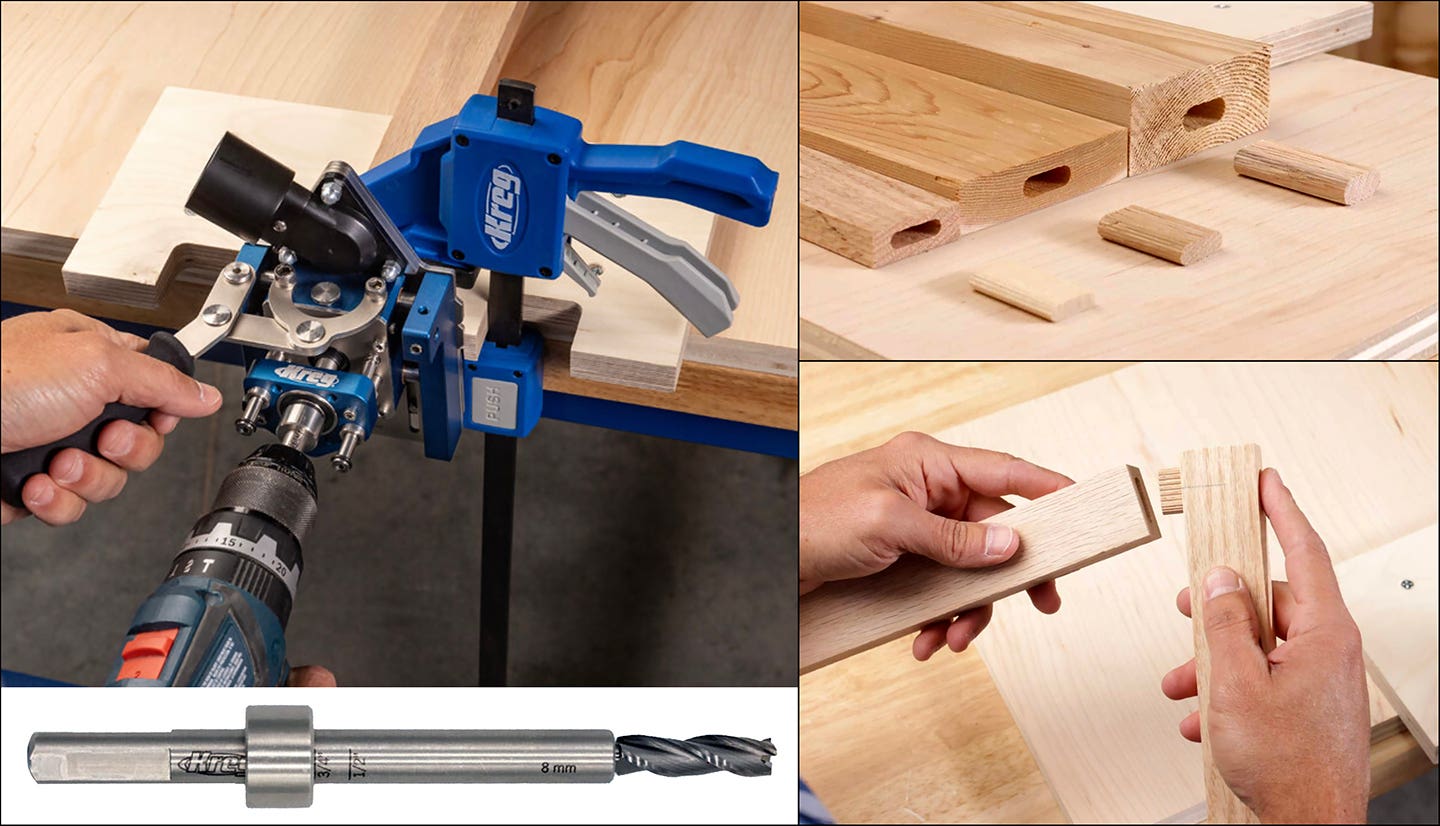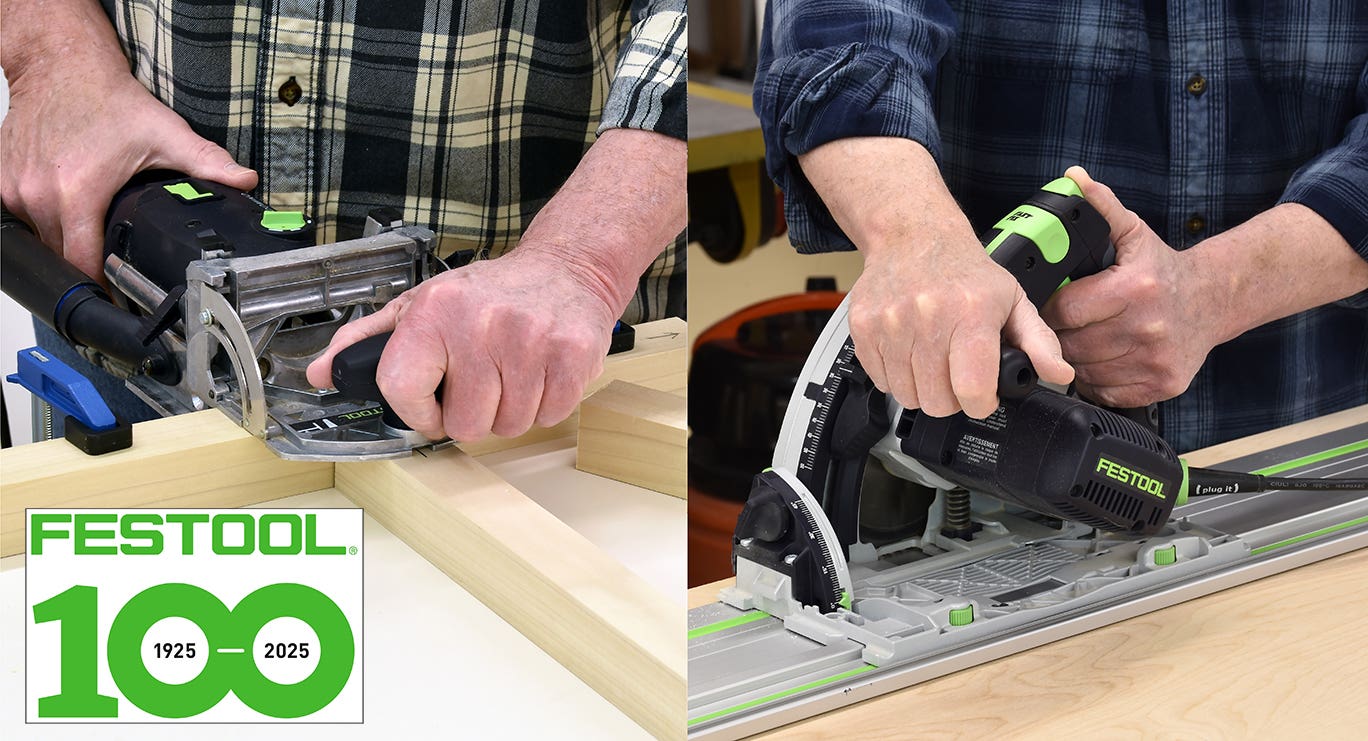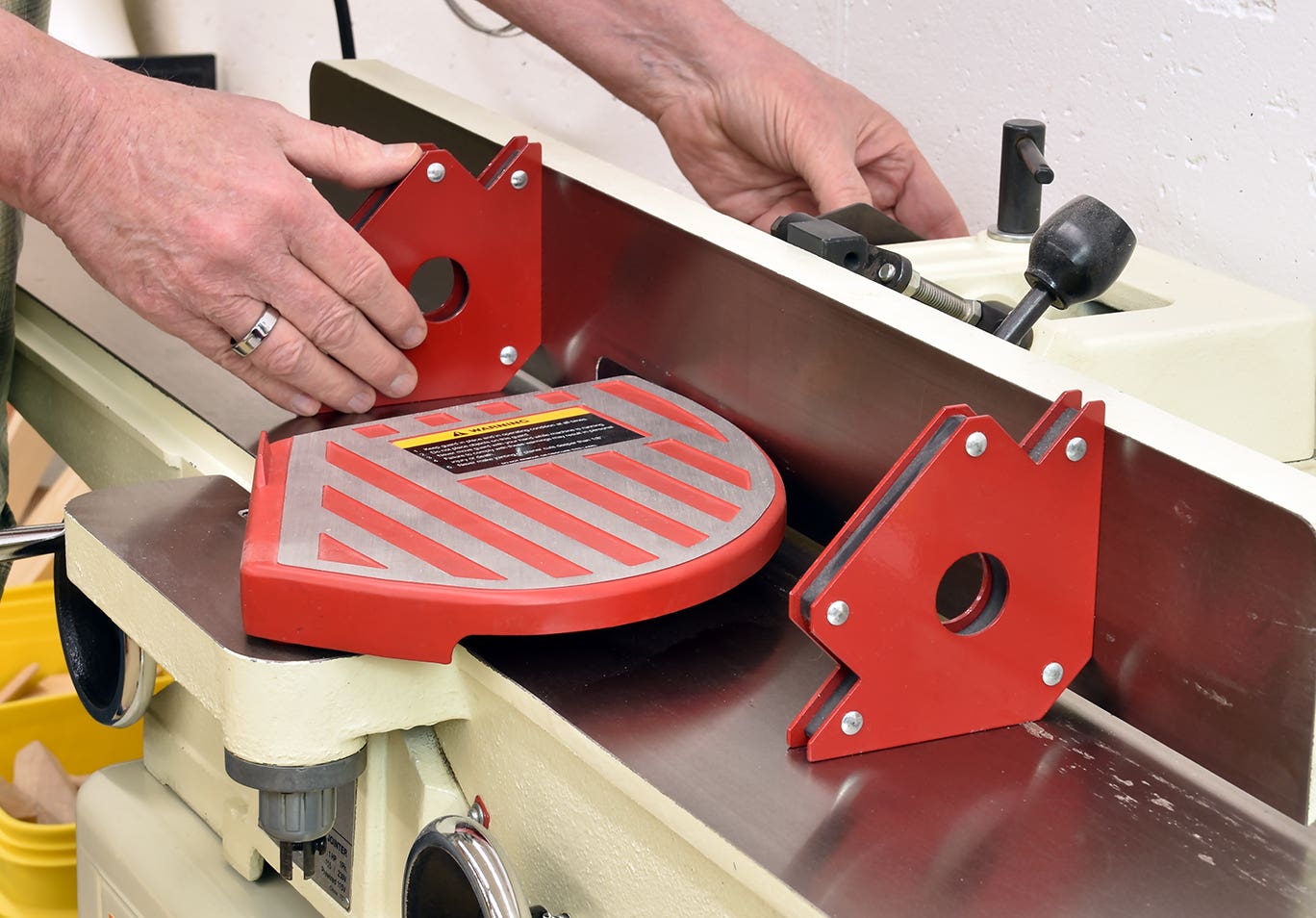The best custom shops are all the same
As it pertains to woodworking, most of us would define a custom shop as one dealing with made-to-order goods with certain specifications. I’ve worked as a custom woodworker for a…
As it pertains to woodworking, most of us would define a custom shop as one dealing with made-to-order goods with certain specifications. I’ve worked as a custom woodworker for a long time. Someone comes into my realm with a certain vision. That vision may be on a set of architectural prints or still locked in their brain waiting for extraction. In either case, it’s a vision or plan that they have, not me.
A good custom shop will have insight based on their experience that will help make the project better. That’s part of being custom — making concepts a reality. But there is more to running a custom shop than simply having the ability and experience to create someone’s dream. Figuring out what that is requires a little digging. The concept is buried in first understanding the other meanings of the word custom. Although “made-to-order” is a correct characterization, the word custom also means:
1) a usual practice or habit, a social practice carried on by tradition;
2) duties or taxes imposed on imported goods;
3) the regular patronage of a business.
Believe it or not, running a successful custom shop is tied to these other definitions. Let’s take a closer look at how we can benefit from better understanding what custom entails.
Customary
One of the things that makes every culture unique is the customs that are practiced. And understanding the etiquette and taboos of a different culture is of great value when interacting with it. For instance, consider the following examples:
In Japan, the value of a personal relationship cannot be understated. Japanese custom is based on respect and does not condone public criticism. And because they’re a group society, even if you think you’re meeting with just one person, you should always prepare for a group meeting.
German business culture, on the other hand, does not require a personal relationship in order to conduct business. Academic credentials carry more weight than established relationships. Communication is formal and it’s not uncommon for Germans to be blunt, to the point and mistrusting of displays of emotion or hyperbole.
You get the point: understanding and tolerating differences allows you to both conduct business and develop relationships. Understanding the diverse customs of different cultures is imperative if you wish to conduct business in that culture. Without understanding exactly who it is you deal with, your relationship with them will be short.
Building custom work demands having a basic understanding of your client. In other words, what is customary or habitual to them. It’s not just understanding how to do the work, but knowing who it is you’re building for. A common practice for actors playing a role is to get “into the head” of the character they are portraying. You can’t accurately portray a personality or occupation if you know nothing about it. You’ve got to immerse yourself in that culture and environment to make the role believable.
I have found that spending a little time getting to know my clients goes a long way in better meeting their needs. Different occupations have varying expectations. For instance, CEOs expect facts and options to be presented in straightforward terms so they can make informed decisions. And those decisions will typically be made quickly and without deliberation. If, on the other hand, you’re working for a government employee, you may find they deliberate longer over simple decisions. Granted, I’m making broad assumptions, but hopefully you get the point. Make it a regular practice to discover who your client is. Even during the selling stage, I research simple things like neighborhoods and the occupation of the potential client. Think of how different you would approach a job if you knew the person you were going to work for had a history of tax evasion and bad business dealings or, conversely, perhaps gave the most generous gifts to the arts in your community. Understanding your client will shape how you conduct your business.
Customs
I don’t know a single person that enjoys paying taxes. The familiar saying, “The only things certain in life are death and taxes” is very true. Therefore, accepting the things you can’t change makes more sense than fighting them. Accepting the unacceptable is a compromise all businesses have to make if they want to stay alive and profitable. Knowing what battles to fight and which ones to forgo is the only way to stay stress-free and content.
Companies that conduct business across national borders understand that tariffs or customs taxes will be assessed to their product. It’s the “penalty” for bringing in a product produced on foreign soil. In other words, it’s a tax for allegedly taking potential income away from citizens of the country importing the goods and for that all-important privilege of conducting business within that country. A great example of this is the lumber industry trade between the United States and Canada. If one country sells their exported product for much less than the importing country’s industry can, a tax is imposed to level the playing field. Even though one can rationalize the theory, the politics involved pollute the issues, ultimately making it very difficult for businesses on either side of the border to benefit. Because the government is the ruling authority, the industry must comply.
As a custom woodworking shop, how will you be affected by the customs of another country? The effect is small unless you are exporting a product. But you will be directly affected by the customs tax of doing work in an industry that has been overtaken by cheaper imported products. Although it’s not an actual tax, it’s a perfect metaphor for what is going on in our industry. The principles remain the same: being penalized by big business (foreign or domestic) because of their ability to produce a cheaper product through economies of scale.
Hey, this is a capitalistic society, what do you expect? Nothing less. I’m all for the free enterprise system. However, there is one fact that must be addressed. Big business does not have the ability (or desire) to be truly custom. That is an ability reserved exclusively for the small custom shop with the tenacity to understand their clients. Clients that tell you they received a bid from a custom shop (one you know turns out cookie-cutter product) are simply misinformed by the meaning of custom. Don’t be misinformed and take the bait of competing with this industry. You won’t win.
We’ve all been greatly affected by the import of cheap furniture and the mass production of cookie-cutter cabinets. Rather than fighting what you cannot change, take the deliberate action of producing work for an individual, not a one-size-fits-all approach.
Customers
In order to survive in the marketplace you need customers, right? Custom is the root word of customer. Having a steady stream of regular customers is critical to establishing yourself as a custom shop. You could say that about any business. But look at the root word of customer again — it’s custom.
Before the day of mass production, all customers sought custom work. Butchers had the ability and skills required to dress an animal, but still needed a furniture maker to build a bench and a smith to forge knives. Everything back then was custom. There were no catalogs to pick out a workbench. No UPS truck came to deliver the knives. No butcher supply house for purchasing sundries like scales for weighing and paper to wrap the product. You either had to have everything custom-made or specifically ordered for your needs, which is what made everyone a “custom-er.” It was having a need for a product without the ability to produce or purchase it in a stock form.
The market for a custom shop’s client base has to be customized. Before the big-box cabinet manufacturers and imported Chinese furniture flooded our industry, virtually everyone was a potential customer. Those days are gone. In this world, where everything is highly customized (do you go to the same doctor for all your physical needs?), the market base of custom clients has shrunk. Unlike the staples of food and gasoline, which everyone has to buy and pay the same price for, custom woodwork is a luxury item. There are stock cabinets, furniture, turnings, carvings and hardware. You name it, it’s available. Like it or not, stock products are king in the world of woodworking because they service the masses. Understanding your customers is knowing they’re not looking for standardized items, but rather something unique drawn from their imaginations and coupled with your valuable skill. Therefore, you must have “custom” customers.
The familiar definition
So now that we’ve looked at these definitions, what does it mean be custom and how do you become a custom shop?
Many craftsmen like me entered into the custom market because of the unique nature of the product. Custom work is rarely boring. Even when the product is the same, the specifications and clientele are different. Stock work is fabricated without a specific client in mind, therefore the parts are generic and, more importantly, the function of the product is generic. In custom work, you can and should implement standard practices to achieve the end result, but the product is being built for a specific need.
This fact cannot be understated or ignored. This is what makes custom work more expensive — the fact that it is being produced for a one-of-a-kind situation. Although certain aspects such as standard sizes, techniques and materials may all be the same, you are dealing with a client who has their own idea of what they want, which may even differ from what you normally provide. This inevitably takes more time to manage your customer, suppliers and shop personnel. In other words, you can easily lose control. Custom work can force you to give way to the person holding the purse strings, even when their way doesn’t make sense.
Becoming a custom shop is a matter of choice. In the broad meaning of custom, all small woodworking shops are defined by the term. Consider if you only built widgets for Joe Contractor or stock moldings for a local lumberyard. Your existence is predicated on the amount of sales those resellers have, which falls under the custom definition of “made-to-order.” But we want to expand our perception beyond that. A custom shop’s roots are in the understanding of working with people. Just as we learned about Japanese culture valuing the relationship of a person or company, becoming a custom shop means you, too, must value the relationship with your customer. You will be building the project together.
Whether you’re in total control or getting design ideas from the client or designer, all input is of equal importance. Custom work requires you to sell yourself first and then the product. On the flip side, when building standardized widgets the product is sold first. Widgets don’t rely on direct manufacturing input from the end user. Instead, the marketplace determines what will and will not sell, but only after the point of sale, not before.
Being a custom builder, therefore, requires collaboration between the builder, designer and consumer. Unlike the artist who creates his own vision, the custom shop brings to life another’s vision. This distinction is important because it defines a personality trait, not a skill set. You don’t fly solo when you’re in the custom market. You must be a bit gregarious; possessing the ability to run with the herd.
David Getts is a certified kitchen designer and owner of David Getts Designer Builder Inc. in Seattle.
This article originally appeared in the August 2011 issue.







